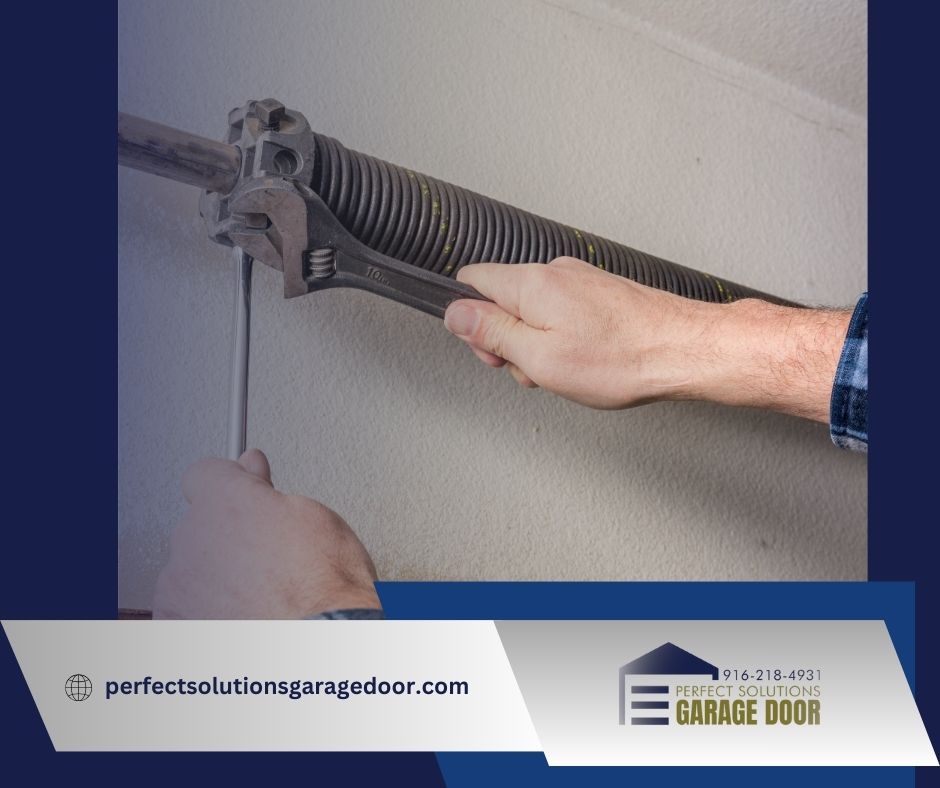When it comes to garage door spring replacement, the choice between torsion and extension springs is pivotal. This article provides an informed and detailed exploration of these two spring types, helping you to understand their fundamental differences, benefits, and drawbacks.
By bridging the knowledge gap, we aim to equip you with the necessary understanding to make a well-informed decision regarding your garage door spring replacement.
Whether you are a homeowner, a maintenance professional, or simply someone interested in the mechanics of garage doors, we welcome you to this comprehensive exploration of torsion and extension springs.
Understanding Torsion Springs
The first type of springs to consider in garage door replacement are torsion springs, known for their superior strength and durability. They are named for the torque they hold, a force which allows for the careful lifting and lowering of heavy garage doors.
These springs are mounted above the door and slowly twist and coil around the shaft whenever force is applied (door moving). Their robust build quality ensures a longer lifespan, often capable of withstanding 15,000 to 20,000 cycles. The high-tension steel in torsion springs provides greater stability and smoother operation, reducing the risk of abrupt failures.
While they are typically more expensive upfront, their longevity and reliable performance often make them a cost-effective choice for many homeowners.
Exploring Extension Springs
Moving from torsion springs, let’s now delve into the realm of extension springs, another viable option for garage door spring replacement.
Extension springs are installed on both sides of the garage door and stretch out when the door is closed. They store mechanical energy and counterbalance the weight of the door, helping it to open smoothly.
They are generally cheaper and easier to install than torsion springs, making them a popular choice among homeowners. However, they tend to have a shorter lifespan and require more maintenance.
Safety cables are also needed to prevent injury or damage if the spring breaks.
With this information, you can decide if extension springs are the better option for your garage door replacement.
Key Differences Between Torsion and Extension Springs in Garage Doors
Understanding Different Spring Types for Garage Door Repairs


